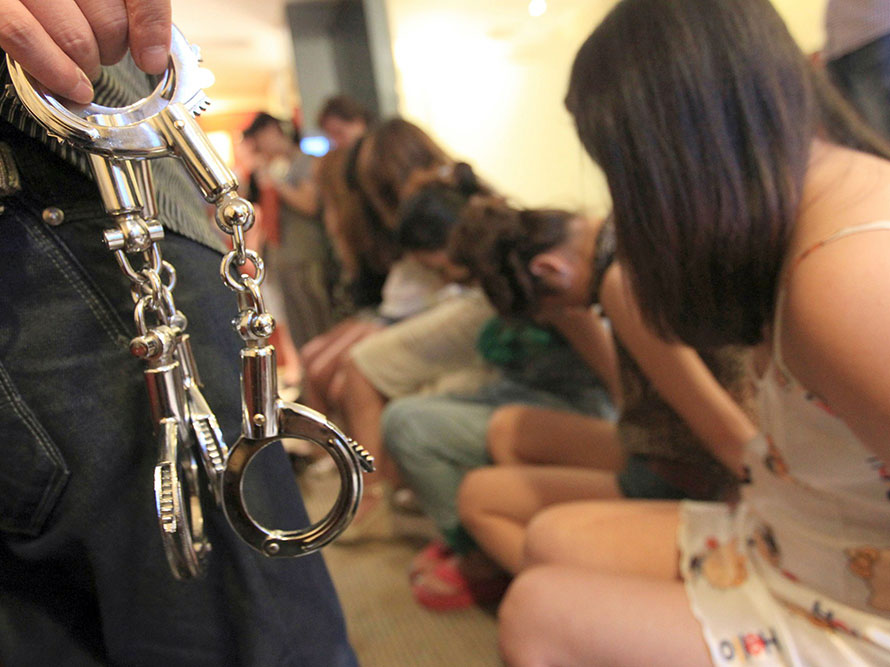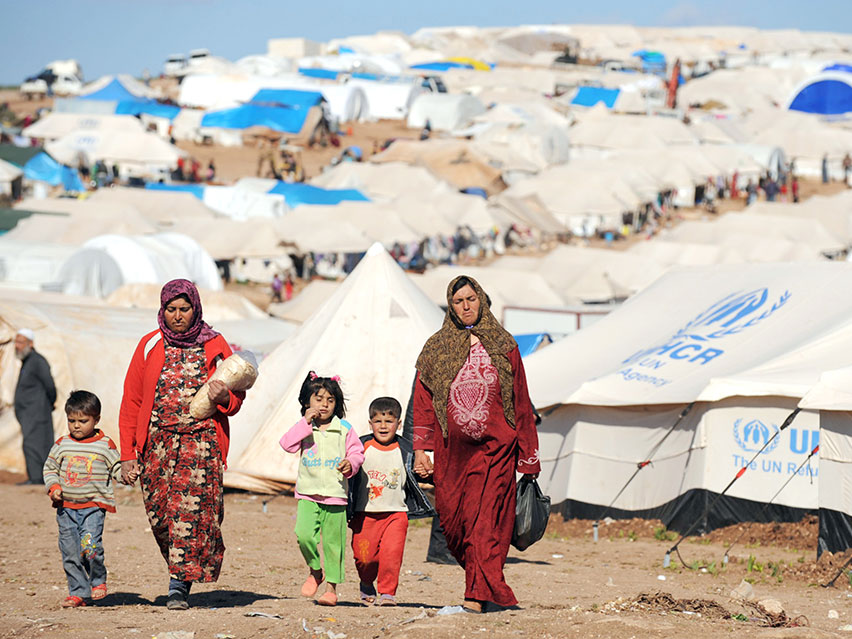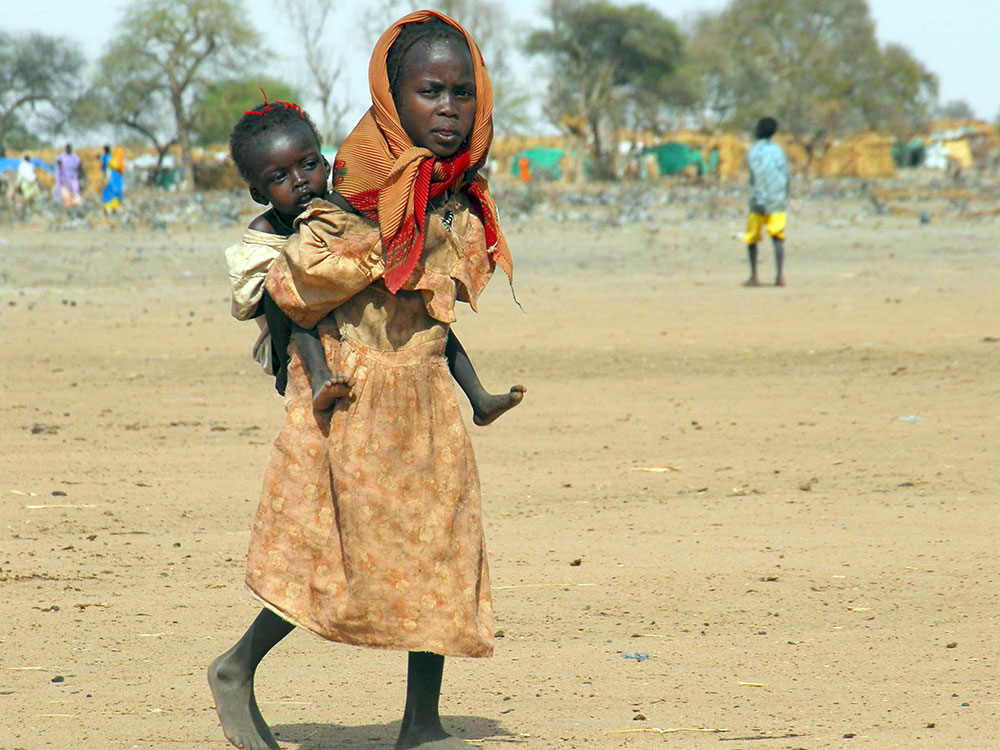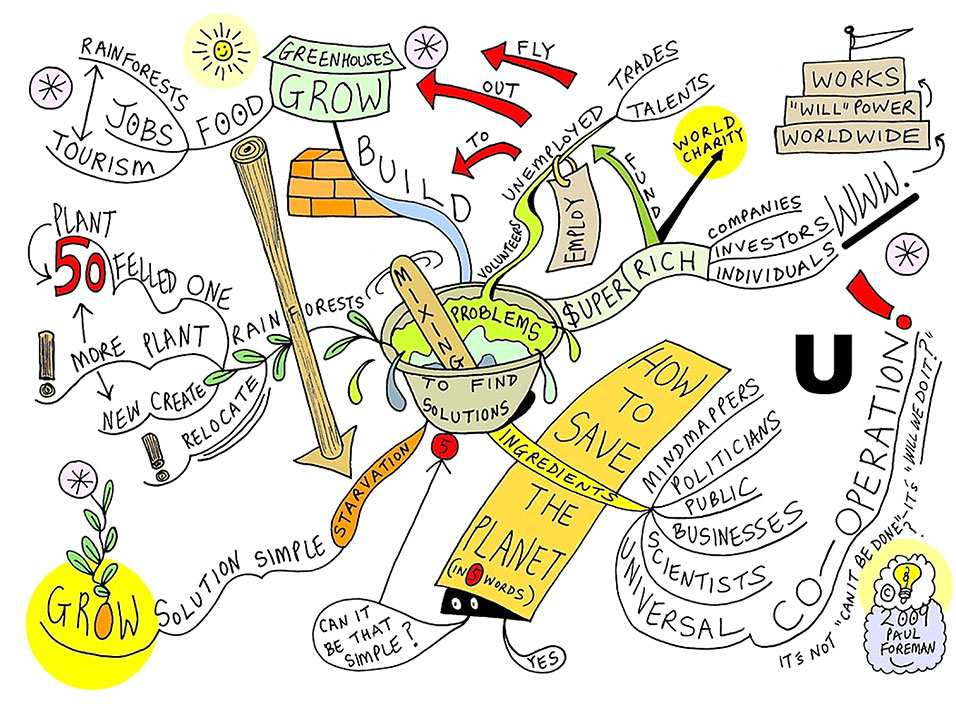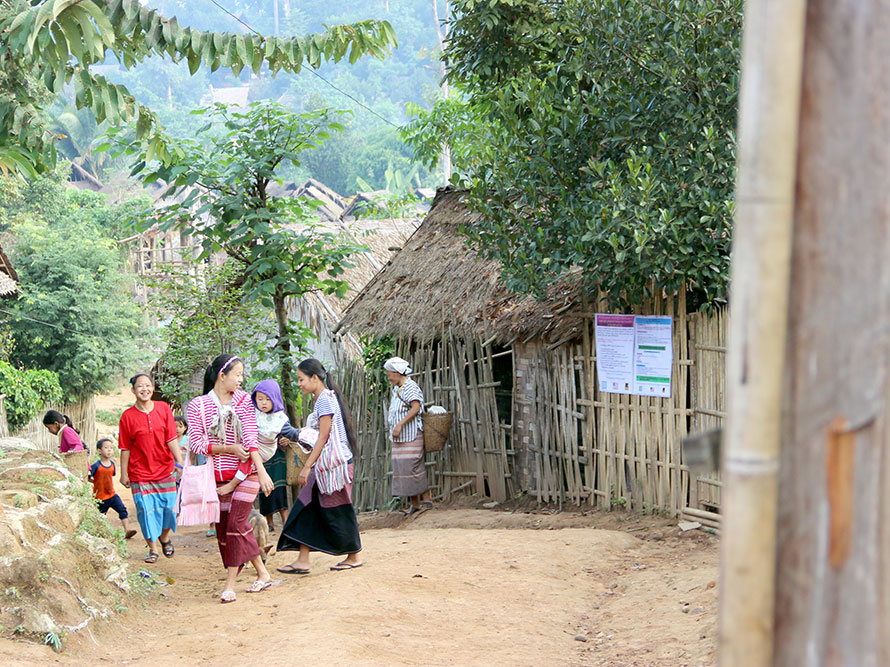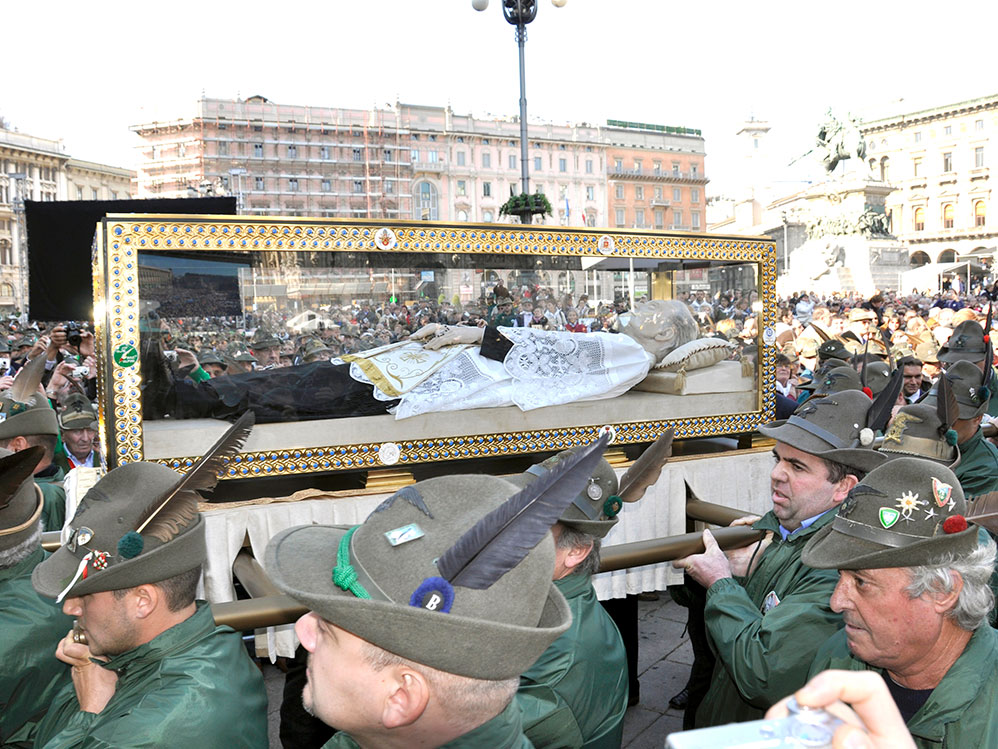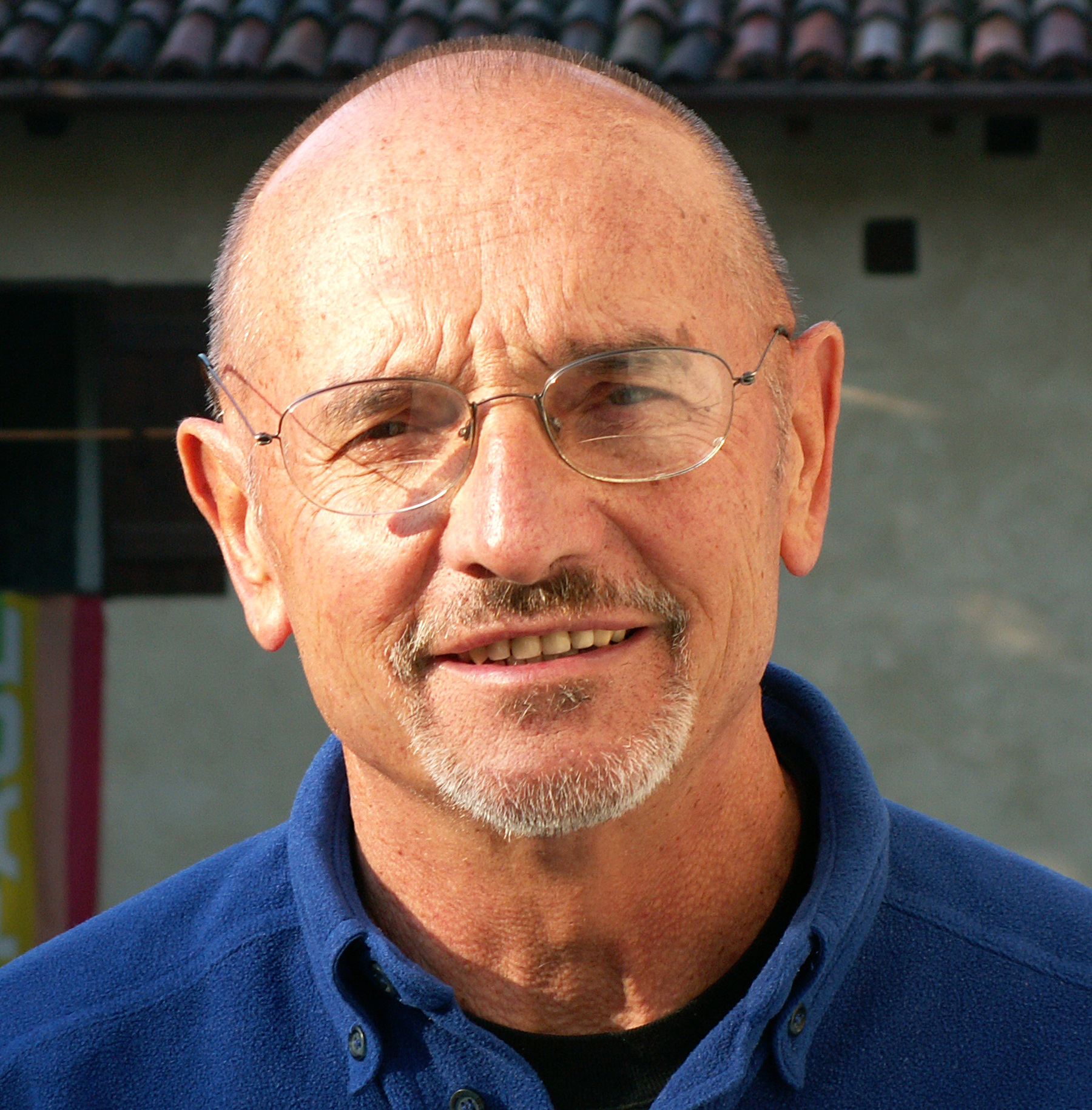It is spring of the year 44 A.D., a little before Easter. Herod Agrippa I, now on the throne, is persecuting the Church and has ordered the beheading of the apostle James, John’s brother. Blood always pleases the crowd. He then imprisons Peter also, meaning to have him executed after the feast. It will be Peter’s Easter. Here, the Word ends the first part of its journey: from Jerusalem, it has reached Judea and Samaria, the persecution has spread it throughout Asia Minor and the proclamation to the pagans has given it an opening to the ends of the earth. Thus, Luke stresses the fecundity of the seed that dies.
With James’ killing and Peter’s departure, the time of the Twelve Apostles in Jerusalem is accomplished. Up to now, Peter, brother among brothers, was the protagonist. Side figures, together with John and the other apostles, were the deacons with Paul and companions. After this “night adventure,” Peter disappears completely apart from a fleeting re-emerging at the Council of Jerusalem. From now on and until the end, the standing out figure will be Paul, the persecutor who becomes icon of the Master.
The Jerusalem community is entrusted to James of Alpheus (Cf. Galatians 1:19) and the evangelization of the pagans to Paul who, soon after, will start his missionary journeys. The age of the Twelve Patriarchs of the New People ends in glory: one is a martyr and Peter, risen from a death already decreed, goes elsewhere. Herod, instead, will end as food for the worms.
James will not be replaced like Judas was. In the place of the Twelve and of the apostles, there will be the bishops who neither belong to the Twelve nor are called apostles. The latter are the foundations that will remain forever. God’s house is built on them, but it is not confused with them. The descendants come from the fathers but are not mixed up with them. The Jerusalem community, persecuted and without the favor of the people, reacts praying to the Father and cementing the brotherhood.
The account is a birth scene. It is the night after Easter. Peter is in darkness, inside the innermost cell of the prison. Watched by four detachments of four soldiers, he is bound by chains to another two. He is waiting for his capital execution at dawn. He is sleeping, like Jesus in the tomb. Behold an angel shines in the darkness and shakes him, awakes him and urges him to stand. The chains fall from his arms, and the angel orders him to dress up, put on his sandals and cover himself with his cloak and follow him. Peter obeys and follows him. He is thinking that it is all a dream. Having passed beyond the guards, the iron gate opens automatically. Having reached the road, the angel walks with him for a while. It is only when the angel disappears that Peter realizes that it is not a dream.
We often exchange reality for a dream and vice versa. On that night, Peter escapes from the sleep of a certain death to the freedom of a new life. He rushes to the cenacle where all are praying for him. He knocks at the gate and a girl comes down to open. When she hears Peter’s voice, she gets excited and doesn’t open but runs to tell the others. But they do not believe her. Peter’s liberation from prison reminds us of Jesus’ Resurrection from the dead. In the meantime, Peter keeps on knocking. When they open and see him, they are out of themselves because of awe.
Peter narrates what has happened and concludes: “Tell this to James and to the brethren.” Then, like the Dead and Risen Jesus, he disappears from the scene: he goes to a different “place.” His place is no longer the temple or the cenacle. The new temple is for him the whole world. Like the Son, in the same way, Peter and all of us, we have as our residence not the Church, but the world – that lost world on behalf of which the Father has given His Son.
After so many years of gestation, Peter is fully born as an apostle. Sent to the extreme ends of the earth, he will arrive in Rome. Here, after twenty years, he will accomplish his beautiful witness: by being crucified head-down; he will be, at last, like Jesus. © Popoli – www.popoli.info




